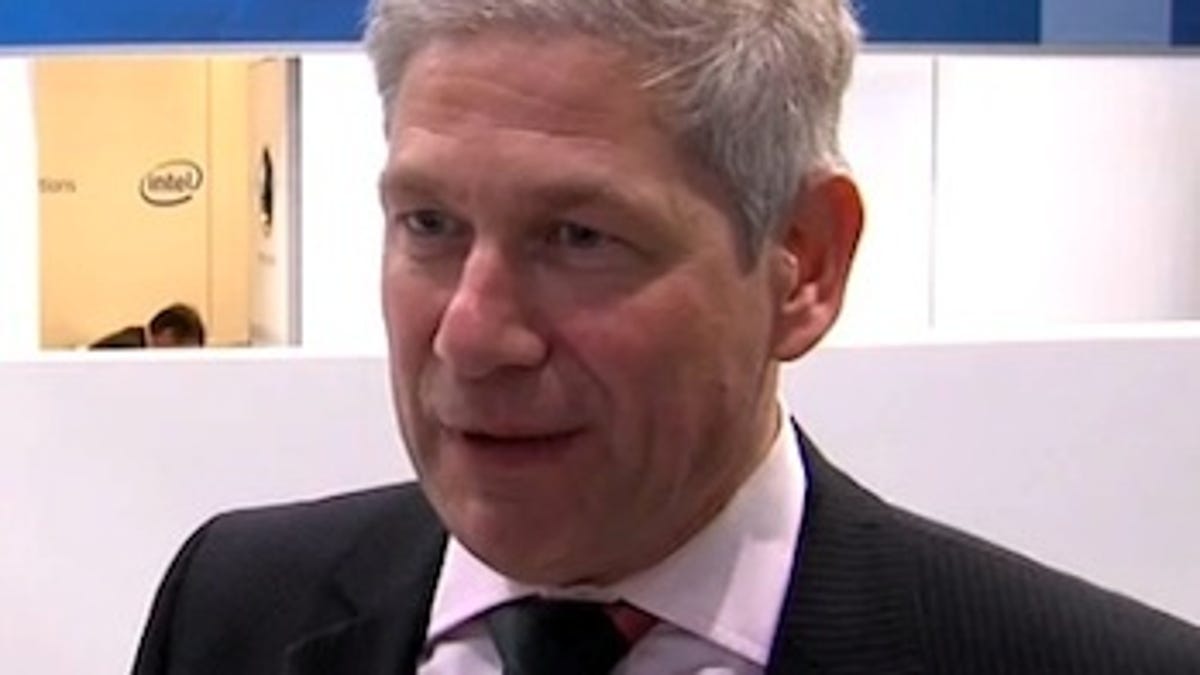Reorg aims to make Intel more competitive in mobile
Intel is combining its mobile device units into one group in a bid to become more competitive in small devices.

Intel is doing a sweeping reorganization in its mobile device group in order to make the company more competitive in small devices like smartphones and tablets, where its chips are virtually absent.
The chip giant has created a new business unit, the mobile and communications group, Intel spokesman Robert Manetta told CNET. The move was earlier reported in Fortune.
The group is composed of four existing divisions: mobile communications, Netbook and tablet, mobile wireless, and ultra mobility.
Mike Bell and Hermann Eul--both current Intel employees--will lead the group. Eul is a former member of the Infineon technologies management board (Intel acquired Infineon's wireless business last year) and Bell had been co-managing Intel's Ultra Mobility Group. Bell worked most recently at Palm but spent many years at Apple making "significant contributions to the iMac, Apple TV, and iPhone programs," according to Intel.
Neither of those executives have come up through the Intel ranks but are outsiders brought in to accelerate the push into mobile.
"We're taking advantage of the experience of these two people to speed and optimize development of Intel-based mobile devices," Manetta said.
But this isn't the first time Intel has reorganized a business unit targeting small devices. Earlier this year, Anand Chandrasekher, the Intel executive who had led Intel's unsuccessful push into smartphones and tablets, quit. At that time, Mike Bell and Dave Whalen, another executive recruited from outside the company, took over the group, which was responsible for building Atom chips that go into handheld devices.
Intel's problem is its absence from the burgeoning smartphone and tablet market, where ARM chips from companies like Texas Instruments, Qualcomm, and Nvidia dominate.
And Apple, which designs its own ARM-based chips, is becoming a major force in mobile chips by virtue of its leading market positions in smartphones and tablets. Both the iPhone and iPad use an Apple-designed A5 chip.
Nomura Equity Research issued a critique of Intel's predicament this week saying that China is symbolic of Intel's weakness in the small mobile device market. "[In China] we see...continued demand for ARM-based more power-efficient devices, and low volumes for ultrabooks," the note said.
Intel-based ultrabooks are expected to hit the market in force in 2012, but those are principally laptops. Things may improve for Intel when Windows 8 is released and ultrabooks begin to morph into tablets and laptop-tablet hybrids. But that still leaves Intel absent from smartphones, which is likely its biggest challenge.

